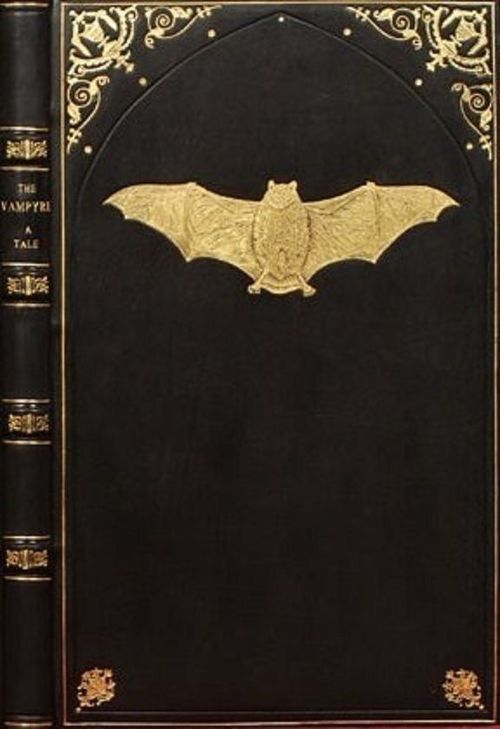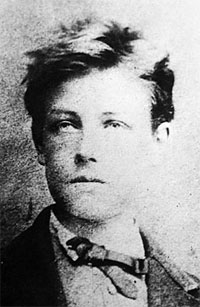Russian Dolls
 Thursday, May 21, 2009 at 21:58
Thursday, May 21, 2009 at 21:58  There are many metaphors for what all of us, in one way or another, seek from life. Some may call it acknowledgement, others respect, yet the strongest word is still the best: love. In a free and privileged world our encounters with love will be the product of our choices, not because we choose whom we love – there is, in fact, bountiful evidence to the contrary – but because for people who want to love and be loved everything we might undertake shapes and alters the possibilities of our passion (as a famous critic once said, whatever an alcoholic is planning for his day he is, in effect, simply planning his drinking). It is therefore not surprising to see the industry of relationship advice bloom in the last century with the expansion of women's rights and the general abolition in privileged countries of arranged matrimony. Which brings us to another conundrum: the freer we are to love whomever we'd like, the less we seem to know what to do about it. Never in the history of mankind have we been allotted so much liberty in our mating and never before have we been plagued by so much indecision and doubt. Despite the preponderance of half-baked suggestions that point towards love simply being a function of need and repressed desire, love is precisely what we do know. Teenage infatuations notwithstanding, by the age of roughly our early to mid-twenties we will have gathered sufficient experience about what love is supposed to look, sound, and feel like that we will imagine a world in which our love is the most perfect, and from this unblemished sphere will be derived the one woman who is to replace all the other women that exist. What percentage of us ever finds this woman? A cynic would say zero; a skeptic might name a figure barely above that. There will also always be those who claim that we are bound to impose our ideals on some poor, unknowing lass and disappoint both her and ourselves. Yet there is another school of thought in which I occasionally swim, the school of revelation. Revealed love, over time, over the course of a life seen at once forwards and backwards, the chance of eternity and immortal bliss, this is what we sense in every corner of our soul. And the revelation of love is the fine metaphor in this film's title.
There are many metaphors for what all of us, in one way or another, seek from life. Some may call it acknowledgement, others respect, yet the strongest word is still the best: love. In a free and privileged world our encounters with love will be the product of our choices, not because we choose whom we love – there is, in fact, bountiful evidence to the contrary – but because for people who want to love and be loved everything we might undertake shapes and alters the possibilities of our passion (as a famous critic once said, whatever an alcoholic is planning for his day he is, in effect, simply planning his drinking). It is therefore not surprising to see the industry of relationship advice bloom in the last century with the expansion of women's rights and the general abolition in privileged countries of arranged matrimony. Which brings us to another conundrum: the freer we are to love whomever we'd like, the less we seem to know what to do about it. Never in the history of mankind have we been allotted so much liberty in our mating and never before have we been plagued by so much indecision and doubt. Despite the preponderance of half-baked suggestions that point towards love simply being a function of need and repressed desire, love is precisely what we do know. Teenage infatuations notwithstanding, by the age of roughly our early to mid-twenties we will have gathered sufficient experience about what love is supposed to look, sound, and feel like that we will imagine a world in which our love is the most perfect, and from this unblemished sphere will be derived the one woman who is to replace all the other women that exist. What percentage of us ever finds this woman? A cynic would say zero; a skeptic might name a figure barely above that. There will also always be those who claim that we are bound to impose our ideals on some poor, unknowing lass and disappoint both her and ourselves. Yet there is another school of thought in which I occasionally swim, the school of revelation. Revealed love, over time, over the course of a life seen at once forwards and backwards, the chance of eternity and immortal bliss, this is what we sense in every corner of our soul. And the revelation of love is the fine metaphor in this film's title.
Our hero is a Frenchman by the name of Xavier (Romain Duris), a disarming and sensitive fellow as well as an aspiring novelist. As opposed to the vast majority of the pretentious story lines featuring young artists, the film allows Xavier to be both sentimental and business-like in his decisions. He opts to pen a few tawdry soap opera screenplays both for practice and money (a utilitarian sin of maturing writers since history's onset), all the while trying to finish his first novel and inspecting the world around him and the choices of his friends. There is his ex-girlfriend Martine (Audrey Tautou) who has since gotten married, had a child and taken a responsible job to help the environment; William (Kevin Bishop), who has fallen in love with a Russian ballerina and even attempted to acquire the fundamentals of her language in order to woo her; Isabelle (Cecile de France), his lesbian friend and confidante; Celia (the late Lucy Gordon), a gorgeous actress whose biography Xavier has been commissioned to write; and then there is William's sister Wendy (Kelly Reilly), a spunky British redhead who keeps bobbing like a buoy on the lake of Xavier's regret. What Xavier and Wendy will make of their relationship, which has obvious potential both physically and emotionally, is at the crux of the memories that engird him as he daydreams at William's wedding. We go back in time with him, although time has been reshuffled to indicate a meaningful pattern, and we discover what he discovers.
And what surfaces in six years of contemplation and regret? It is always important to understand why we treat people a certain way, why we are friends with some and not others, and such insight can be gained through close scrutiny of our own mores. If a person loves money and sex, he should not be astonished that he has little truck with his family and that his friends turn out to be a group of selfish hedonists who can never seem to quench their desires for pleasure; if security and his own personal space make him most comfortable, he will probably wake up one day and find himself completely and utterly alone. Between these two easy and cowardly extremes lies the essence of our existence. Xavier pursues Celia insofar as he understands that he can never have her; he looks at Martine, who is annoying yet principled and beautiful (a rare combination), and foresees a steady life devoted to the betterment of the planet and the plainness of his soul. He travels as so many of us have traveled through the cultural paradise that is Europe looking for the face, the smile, the connection to end all connections. Russia, as the other, the huge, looming and generally inimical beast that guards the most mysteriously gorgeous women the world has ever seen, becomes for him as a Frenchman an oddity, a disarrangement in his plans. He looks at William, a simple lad who has always partied harder than anyone else, and sees a young man now intractably spellbound. And he beholds this ballerina, perhaps in the classical sense the epitome of grace and idealized form, and sees a doll. Yes, a doll. The famous nested matryeshki that line every tourist trap in Russia, often with political leaders replacing the kerchief-garbed charwomen of the classic model, these now assume new meaning. We all want to know, he muses philosophically standing in this famous St. Petersburg street, who that last and tiniest doll is, the one that is neither hollow nor contains anything apart from herself. When do we end our search? Would the results be any different were we Romantic souls not so enticed to circulate from wondrous European city to wondrous European city and gaze at every lovely young woman with a certain curiosity?
While the details of Russian Dolls are hardly novel, the metaphor is both salient and extraordinary in its simplicity. Duris has a middling command of English, which lends him a certain patheticness that is put to good use in emphasizing the fundamentality of his questions; he is, in other words, neither overly privileged nor overly gifted, and while not ugly, his appearance suggests warmth rather than gratification. We are neither intimidated by his ability nor scornful of the success he does enjoy, especially with Celia, a witless stunner who leaves a bar when she fears to be seen only with him by some of her, ahem, hedonistic acquaintances. That Celia would seduce her biographer so as to augment his retrospective affection for her (as well as her glory) is such a logical premise one wonders why it didn't occur to us from the very beginning. But then again, if we knew everything from the beginning we might just peel off all the dolls but one.





